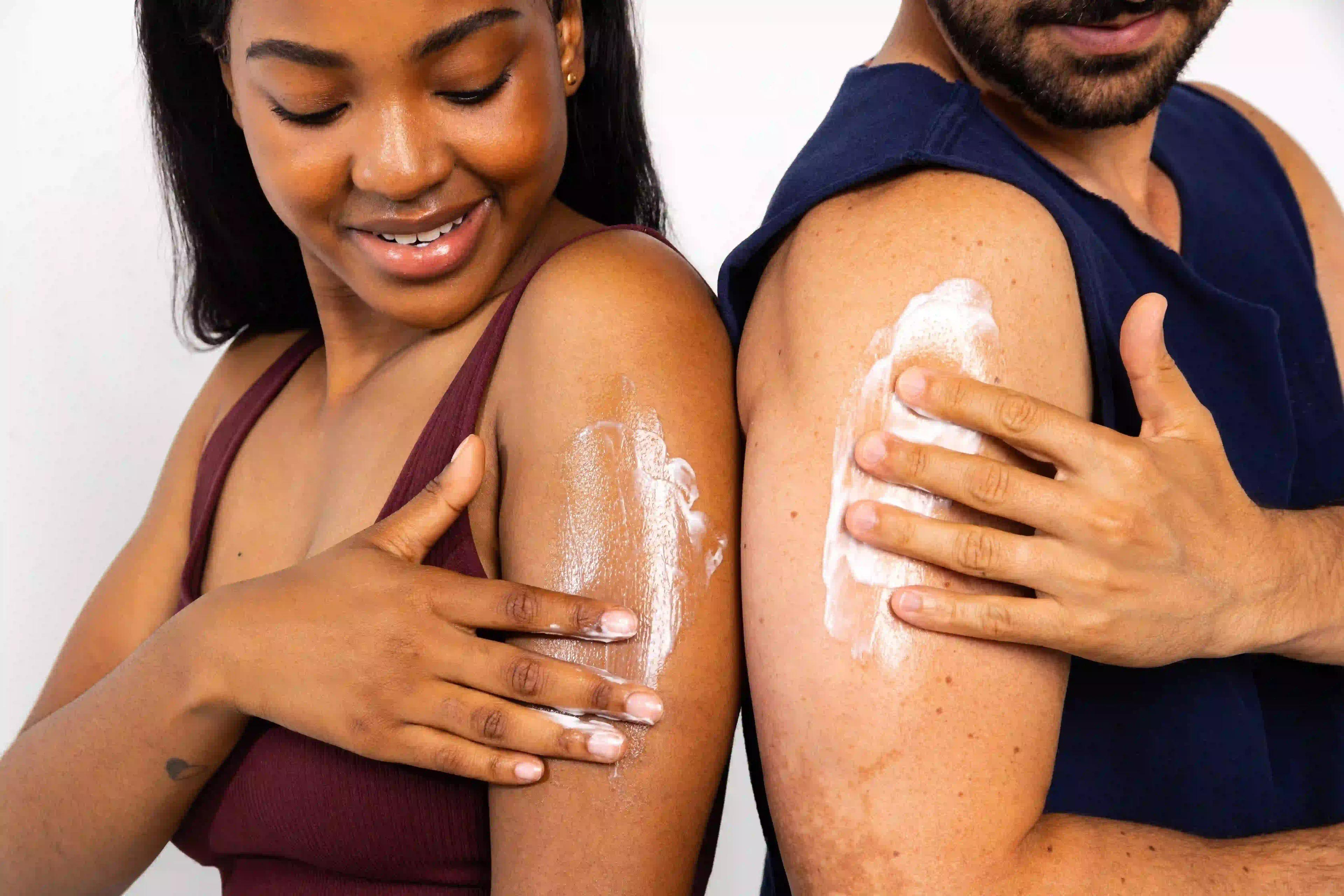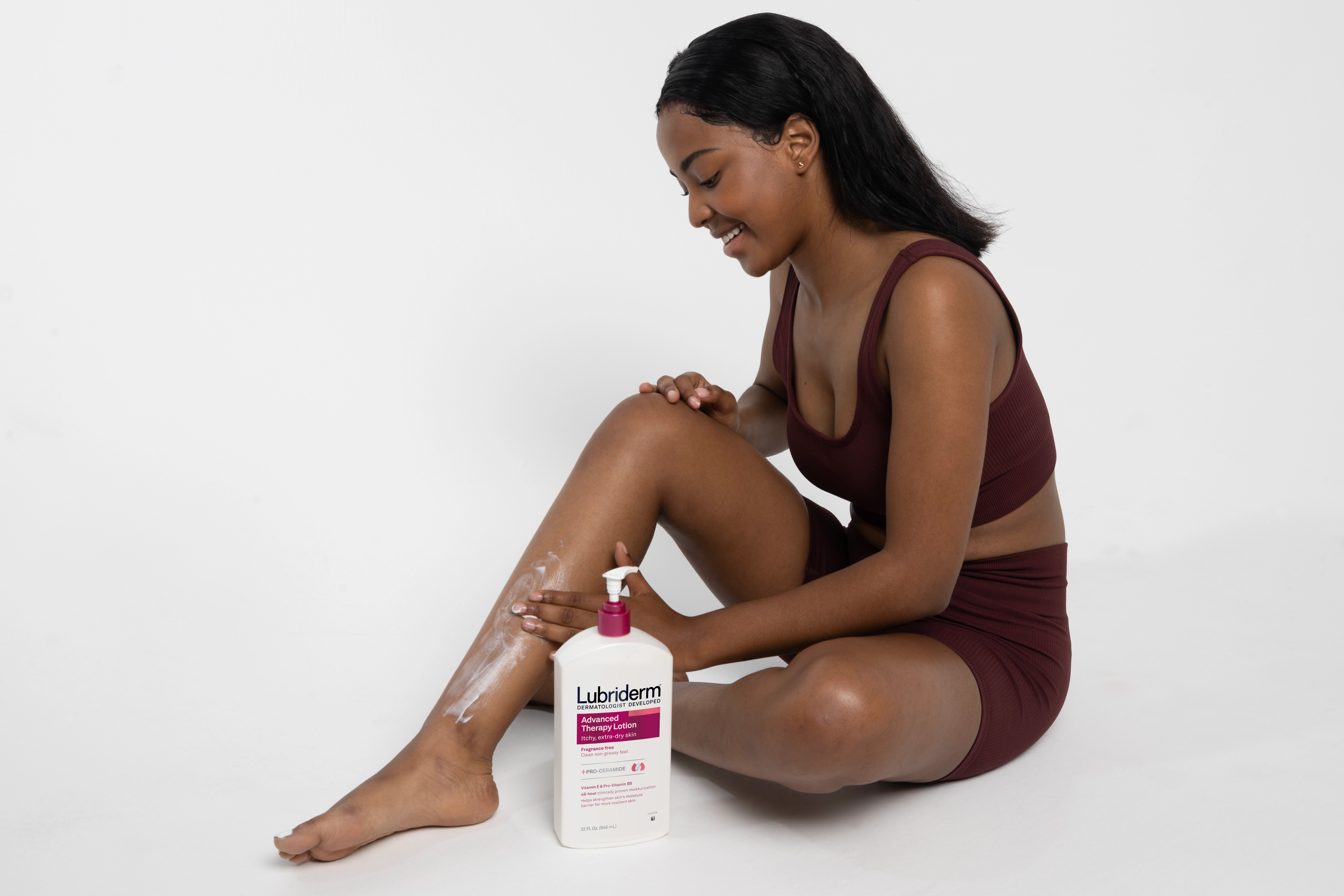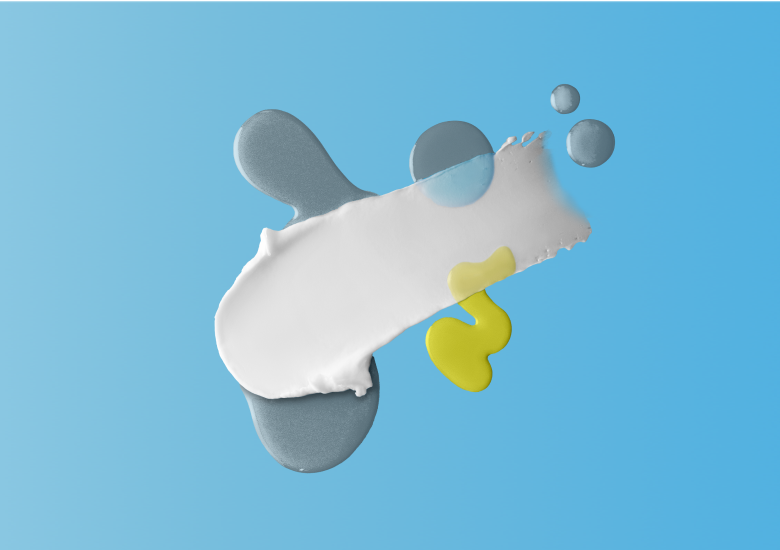What Causes Extra Dry Skin?
The outermost protective layer of the skin (called the epidermis) is made up of dead skin and natural oils that help trap moisture to keep the skin soft and smooth. Extra dry skin lacks the moisture and lipids necessary to keep it healthy and as a result, has a very weak moisture barrier. As moisture escapes, irritants are able to penetrate more easily, and may cause skin to become extra dry.
Common Causes Of Extra Dry Skin Include

Hand Washing. While essential to good hygiene, frequent hand washing removes the lipids that make up the skin barrier.

Bathing. Too much water, especially hot baths or long showers, can strip the skin of its natural oils.

Health Conditions. Extra dry skin is associated with common medical conditions such as hypothyroidism, atopic dermatitis, psoriasis, diabetes and kidney disease.

Medication. High blood pressure medications (such as diuretics), cholesterol-lowering drugs, and acne medications can dry out the skin.

Sun Exposure. Unprotected sun exposure causes the skin to lose moisture and essential oils, making it appear dry, flaky and prematurely aged, even in younger people.

Weather. Dry air = dry skin. Our skin tends to be driest in the winter when temperatures and humidity levels are at their lowest.

Chemicals. Just like water, too much of a good thing like washing with harsh cleansers or swimming in heavily chlorinated pools can be damaging to the skin.

Heat. Central heating, wood-burning stoves and fireplaces can be very drying to skin.

Age. Our skin produces less natural oils and becomes drier and thinner as we age.
Tips To Help Prevent Dry Skin
One of the best ways to help prevent dry skin is to keep your skin moist and healthy:
Drink lots of water and eat foods rich in antioxidants and fatty acids that help restore and retain moisture (like blueberries, oranges, salmon and sweet potatoes).
Use gentle skin care products to cleanse and moisturize your skin.
Limit your bath or shower to 10 minutes, avoiding hot water and harsh, drying soaps.
Apply moisturizers immediately after bathing to help trap moisture in the skin.
Look for hydrating ingredients like glycerin, mineral oil, and dimethicone that help maintain the skin’s moisture barrier.
Use a humidifier at night to add moisture back into the air.
Use a humidifier at night to add moisture back into the air.
Protect your skin from the sun’s damaging UV rays. Wear sunscreen every day, all year long.
Refrain from smoking. Smoking dries the skin and contributes to premature aging.
Drink alcohol in moderation. Alcohol has a dehydrating effect on the skin.




